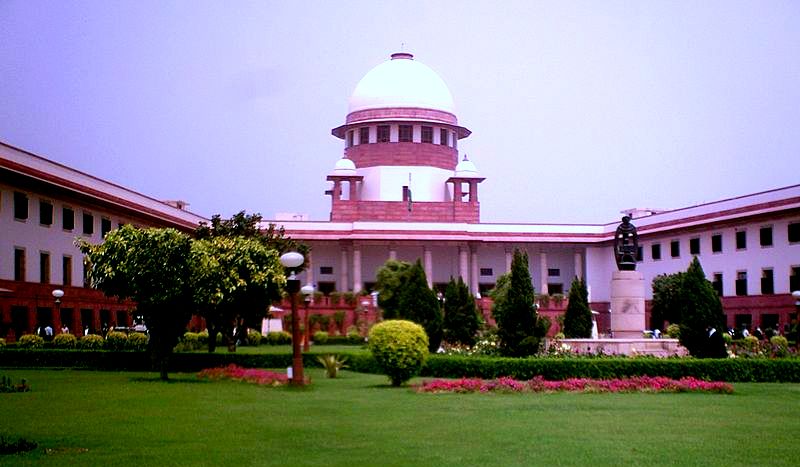Supreme Court Upholds Alimony Rights For Muslim Women After Divorce

Pune, 11th July 2024: The Supreme Court recently ruled that divorced Muslim women are entitled to alimony under Section 125 of the Criminal Procedure Code (CrPC). This verdict, delivered by Justices BV Nagarathna and Augustine George Masih, aligns with the landmark decision in the Shah Bano case from April 23, 1985. The ruling emphasizes that Muslim women have the right to seek alimony from their ex-husbands, reinforcing their legal protections and financial security.
In the 1985 Shah Bano case, Shah Bano, a divorced Muslim woman from Indore, sought alimony from her husband, Mohammad Ahmed Khan. The Supreme Court ruled in her favor, ordering alimony under Section 125 of the CrPC. However, the decision faced significant opposition from the Muslim community, leading the Rajiv Gandhi government to introduce the Muslim Women (Protection of Rights on Divorce) Act, 1986, which nullified the Supreme Court’s decision to appease fundamentalists.
Significant Judgments Supporting Muslim Women’s Rights
1963 Gulbai vs. Navroji Case: The Supreme Court provided guidelines for the validity of marriage under Muslim law, emphasizing necessary elements to prevent exploitation through illegal or forced marriages.
1997 Noor Saba Khatoon Case: The court ruled that Muslim women could claim a share in ancestral property under the Muslim Personal Law (Sharia) Application Act, 1937, recognizing their property rights and providing economic strength.
2001 Daniel Latifi Case: The constitutional validity of the 1986 Act was challenged. The Supreme Court interpreted the act to ensure women’s rights extended beyond the iddat period, providing adequate support for a dignified life.
2009 Maulana Abdul Qadir Madani Case: The Supreme Court emphasized that the right to practice religion does not include the right to violate others’ fundamental rights, especially in terms of gender equality.
2014 Shamim Bano vs. Ashraf Khan Case: The court ruled that Muslim women are entitled to alimony even after divorce and can apply in a magistrate’s court, extending support beyond the iddat period.
2017 Shayara Bano Case: The Supreme Court declared triple talaq unconstitutional, stating it violated Muslim women’s fundamental rights.








